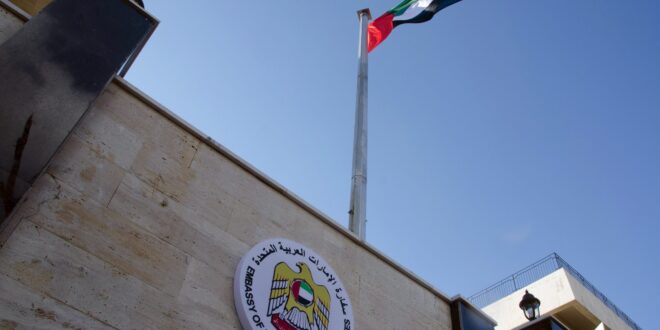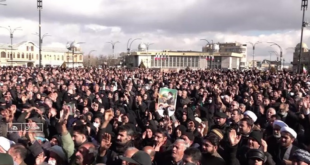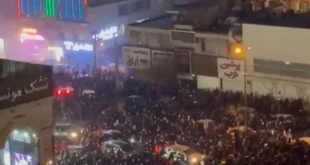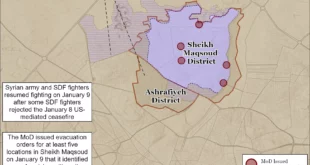Riyadh and Doha are united in their opposition to normalization with the Damascus regime, according to al-Hal Net.
Political researcher Darwish Khalifa, who is close to Saudi Arabia, says that there is a conciliatory diplomatic movement in the region. It seeks to resolve the problems and overcome the differences that have ravaged the Middle East during the ten years of the Arab Spring revolutions. The UAE is a leading part of this movement, through building bridges of communication, paving the way for others, and establishing a new political reality in a conflict-exhausted region, most recently through normalization with the regime in Damascus.
However, Khalifa pointed out to al-Hal Net that Riyadh has clearly expressed its position on the Syrian regime, through the speech of its representative at the United Nations, Dr. Abdullah al-Moallimi. During his speech, he blamed Damascus, its Iranian supporters, and Hezbollah, for the killing and displacement that has occurred to Syrians over the past ten years.
Khalifa explained that the kingdom’s consistent position towards the Government of Damascus comes through the latter’s attachment to its Iranian ally and ignoring the idea of separating from it altogether. This comes in addition to the smuggling of Captagon to the Gulf states, and Saudi Arabia in particular, from Syria. Syria has become a narco-State.
Regarding the Qatari position, Khalifa said that it remains steadfast, particularly on the return of Syria to the Arab League. The Qatari leadership has repeatedly expressed its position, explaining that the reasons for the suspension of Damascus’ membership still exist.
What are the expected results in the near future?
Since 2011, Saudi Arabia and Qatar have formed an anti-normalization front, in order to increase their diplomatic influence in Syria. This alliance was breached by both countries because they could not agree on how to deal with their differences, which resulted in a crisis and the freezing of relations. Saudi Arabia believes that it should focus on combating Iranian influence, while Qatar focuses on the main issue of a political solution which would lead to Syrian President Bashar al-Assad departing from power.
Khalifa said that it is not clear yet what will happen in the near future. There are no indications that this alliance will continue any time soon due to the absence of any official data.
“We always hear from Qatari diplomacy that the behavior of the Syrian regime has not changed. This is what makes it strict in its refusal to return the regime to the Arab embrace,” he added.
According to Khalifa, the most obvious is Qatar’s position, for its hosting of dissident opposition figures that have an influence on the Syrian issue – a reference to former Syrian Prime Minister, Riad Hijab. This indicates additional support for the Syrian opposition and the maintenance of assistance to Syrians in camps and neighboring countries.
Khalifa said that the coming period will not change Saudi Arabia and Qatar’s dealings with the Syrian issue unless the Syrian government complies with international resolutions and accepts the full implementation of its provisions.
 Eurasia Press & News
Eurasia Press & News




